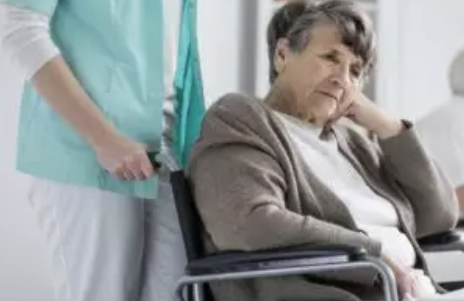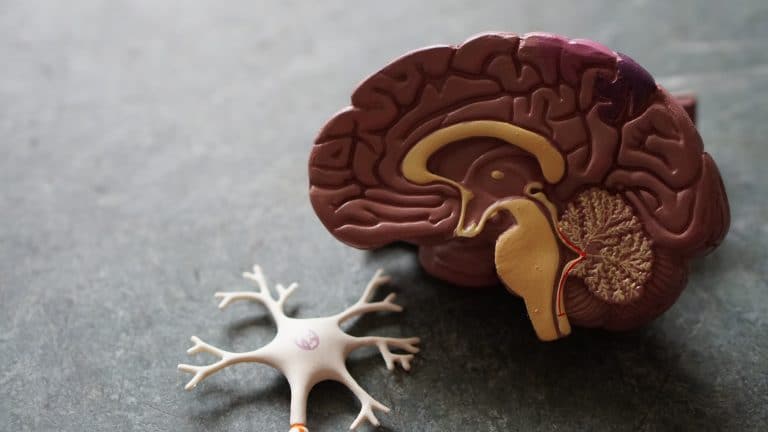Types of Nursing Home Abuse/Neglect to Watch Out For

Getting older can often result in greater vulnerability. Your physical condition is typically declining because of weakening bones, joints, muscles, and immune system. Meanwhile, your mental fortitude could also be decreasing. Senior citizens are one of the most vulnerable population groups for these reasons.
When you or a loved one are getting older and facing increased care needs, the best solution is often to move into a nursing home or other long-term care facility. Perhaps your home is no longer safe for a more frail body, or you need immediate access to care services to survive and be comfortable.
Nursing homes are built for older individuals that have increased care needs. The staff can meet those needs and help residents complete daily tasks, engage socially with others, and promote physical health through diet and exercise. Unfortunately, abuse and neglect are common in nursing homes because of the vulnerability of residents. Whether you are a resident yourself or you are visiting a loved one in a nursing home, there are several types of abuse or neglect to watch out for.
Medication Errors
Many elderly individuals require consistent medication for various reasons. These drugs could be administered to manage pain, fight off infections, or treat specific illnesses. Nursing home staff are often tasked with helping residents keep up with their medication needs. Inattentiveness, however, could result in the victim not receiving the medication they need. In even worse scenarios, the staff could be intentionally withholding certain medications or administering the incorrect drugs. This type of abuse or neglect poses a serious risk to the resident and could lead to injury or even death.
Sexual Abuse
Elderly individuals are among the most vulnerable in the population. It is possible that they are not able to fully comprehend things that are happening to them and around them. Even if they do, they may not be able to articulate what it is or stand up for themselves. This creates a high risk for sexual abuse in nursing homes. Staff or residents that engage in unwanted touching, forced sexual activity, forced nudity, or explicit photography are violating the resident and must be stopped. If you notice signs of these instances in a loved one who lives in a nursing home, report it immediately.
Bed Sores
Nursing home neglect can often lead to bed sores. Bed sores are a physical condition that results from consistent pressure on certain parts of the body. Bedridden patients are especially at risk of this issue. However, there are plenty of practices for treating and preventing bed sores that nursing home staff are aware of. That means the presence of bed sores could indicate that a resident is not receiving the care they need or they are being left alone for too long in one position.
Emotional Abuse
Not all types of abuse include a physical aspect. There have been thousands of instances of emotional abuse between staff and residents in both directions. The job that nursing home staff personnel do can be emotionally draining, which could lead to lashing out in the form of verbal abuse or emotional torment. Some bad apples will also take advantage of the vulnerability of seniors and bully them verbally. This emotional abuse can be just as traumatizing for the victims as physical abuse.
Financial Abuse
Most nursing home neglect cases involve physical or emotional circumstances like medication errors, maltreatment, or abuse. Another form that happens frequently is financial elder abuse. This is the improper use of an elder individual’s resources. Many scenarios could fall under this category, including:
- Theft of possessions
- Canceled checks or bank statements going to the wrong person
- Changing a resident’s power of attorney
- Unexplained withdrawals
- Taking advantage of a person who doesn’t understand their financial situation
Each of these circumstances could occur in a nursing home environment.
Abandonment
This type of abuse occurs when the people responsible for the care of an individual intentionally desert them. This could mean ignoring calls for assistance or not showing up at the appropriate times to assist an elder with a task. Signs of abandonment include poor hygiene, confusion, and malnourishment.
Caring for an Elderly Individual is Complex So Stay Alert
Whether you are a resident in a nursing home or you know a family member that lives in one, understanding the types of abuse and neglect that can happen is critical. First, you can be on the lookout for the signs and report them right away. Second, you can preserve either your or your loved one’s best interests. Third, you can be in a position to file a claim against the at-fault individual or entity if abuse does occur to be compensated for any damages suffered. Senior care is complex, so stay alert when living in or visiting nursing homes for your loved one.





